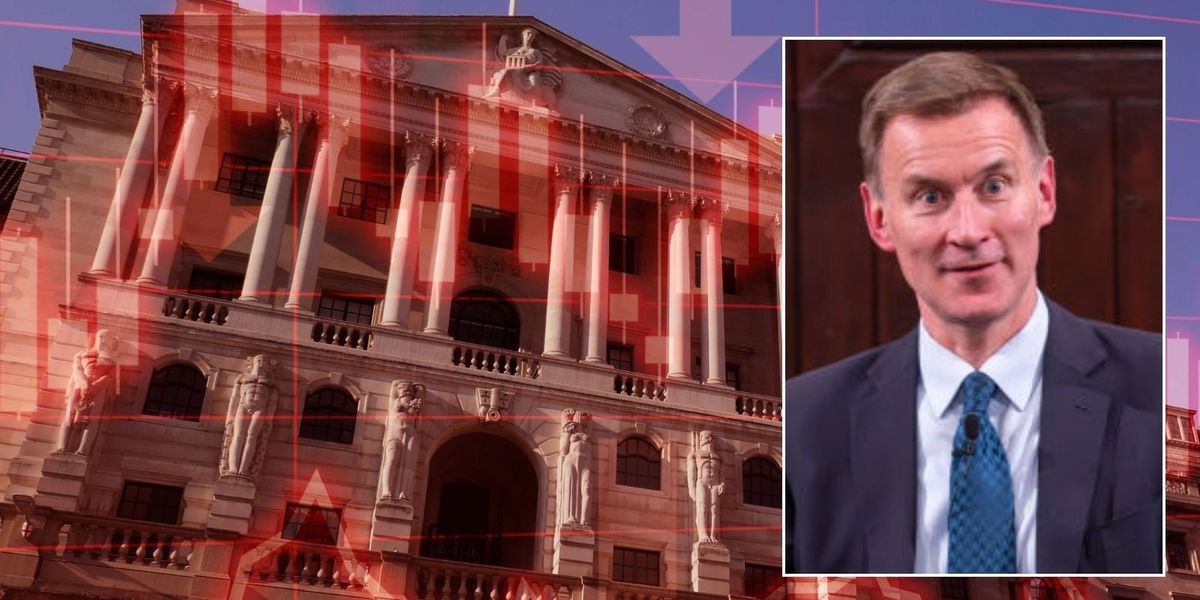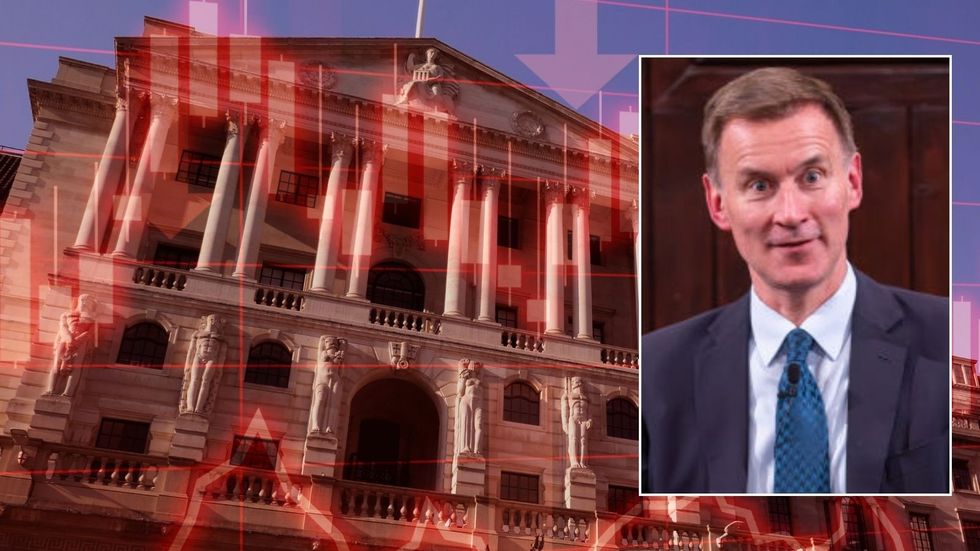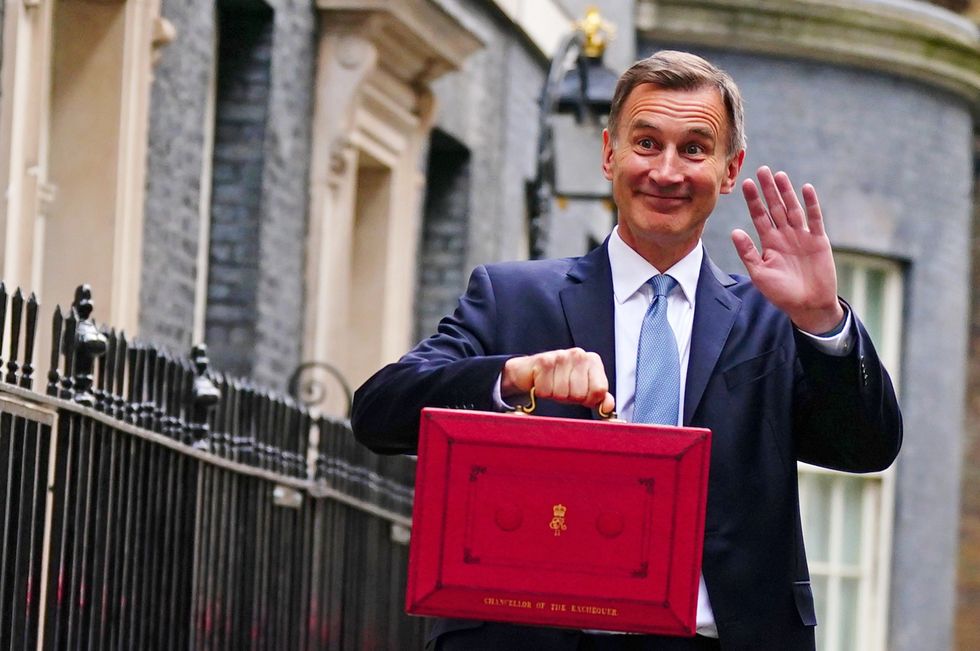
 Press Releases
Press Releases 
Today’s “recession shock” strengthens the case for tax cuts in the upcoming Budget, an economist has argued.
The UK fell into a technical recession towards the end of 2023, figures published by the Office for National Statistics (ONS) today show.
This was due to the country’s economy experiencing two consecutive quarters of negative gross domestic product (GDP) growth.
Confirmation that the UK fell into recession at the end of 2023 could threaten the Government’s headroom to implement this type of fiscal agenda, but economist Julian Jessop is encouraging Rishi Sunak and Jeremy Hunt to introduce tax cuts, insisting the case for them “is now even stronger”.
Do you have a money story you’d like to share? Get in touch by emailing money@gbnews.uk.

Rishi Sunak is under pressure following today’s recession confirmation
GETTY
Mr Jessop, an Institute of Economic Affairs’ fellow, said: “There is room for some well-targeted tax cuts that would both support demand and boost the productive potential of the economy.”
However, he warned it was important Mr Hunt “avoids doing anything that might reignite inflation and encourage the Bank to keep rates higher for longer”.
Mr Jessop continued: “Nonetheless, the UK’s problems clearly run deep, and a few tweaks to interest rates and tax rates won’t fix them.
“The longer-term story is that the economy is facing two decades of stagnation.
“There is an urgent need for the government to pursue pro-growth policies across the board.”
Recently, Mr Sunak and Chancellor Jeremy Hunt have hinted that tax cuts could be introduced by the Government during the Spring Budget on March 6.
According to Mr Jessop, the “biggest driver” of the country’s “shock recession” is the Bank of England’s decision to raise interest rates.
The central bank has pushed the base rate to 5.25 per cent, following multiple hikes, in an attempt to rein in inflation.

Jeremy Hunt has said tax cuts are a priority
PA
For the last months, the Consumer Price Index (CPI) has remained at four per cent with further rate cuts from the Bank of England not expected until later in the year.
The Institute of Economic Affairs’ fellow explained: “There will also be more pressure on Jeremy Hunt to cut taxes in the Spring Budget.
“The Chancellor needs to be careful here. There is already some additional stimulus from the cuts in National Insurance in January and from the increases in pensions, benefits and the national minimum wage in April.”
Last month, the Government slashed the rate of National Insurance from 12 per cent to 10 per cent which will reportedly save the average earner £450 a year.
Tory politicians are hoping Mr Hunt will outline a similar tax cut in the House of Commons come Budget day.
24World Media does not take any responsibility of the information you see on this page. The content this page contains is from independent third-party content provider. If you have any concerns regarding the content, please free to write us here: contact@24worldmedia.com